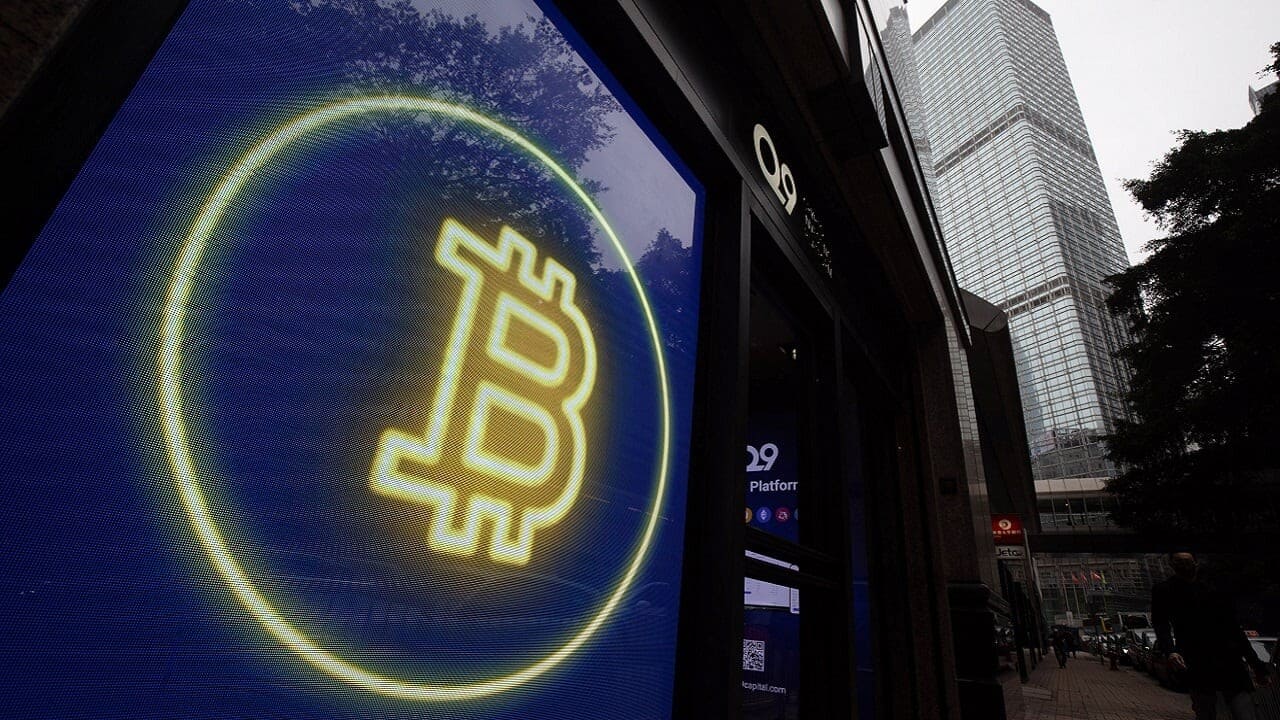
Bitcoin surges 2.5% as US Federal Reserve slashes interest rates
What's the story
Bitcoin's value has experienced a significant increase following the US Federal Reserve's decision to cut borrowing rates. This is the first reduction since the COVID-19 pandemic brought the global economy to a standstill over four years ago. The central bank has lowered its benchmark interest rate by 0.5%, marking a pivotal moment in financial history and impacting cryptocurrencies like Bitcoin.
Rate impact
Federal Reserve's rate cut decision influences Bitcoin's value
The Federal Open Market Committee (FOMC) voted 11 to 1 to lower the federal funds rate to a range of 4.75% to 5%, after maintaining it at its highest level in two decades for over a year. This decision has had a direct impact on Bitcoin, with the digital asset gaining about 2.55% to $62,101 at the time of writing.
Market reaction
Lower rates could signal potential economic concerns
Spencer Hallarn, Global Head of Over-the-Counter Trading at crypto investment firm GSR, suggested that the Fed's decision might indicate underlying economic concerns. He stated, "It could signal in theory that the Fed is cutting 50 because they are worried about something." This sentiment was echoed by Karim Dandashy, an over-the-counter trader at Flowdesk who described the market's response as a "knee jerk reaction higher as market gets some relief after weeks of flip flopping between 25 and 50 bps."
Future prospects
Scaramucci predicts new highs for Bitcoin
Hedge fund manager Anthony Scaramucci has predicted that Bitcoin could reach new record highs due to the interest-rate cut and anticipated regulatory clarity on the crypto industry from the US. This forecast comes as the Federal Reserve continues to monitor economic indicators such as inflation and job gains, which have been noted in their statement following the rate cut decision.
Economic outlook
Federal Reserve's future plans and economic forecasts
The Federal Reserve has indicated that it will consider "additional adjustments" to rates based on "incoming data, the evolving outlook and the balance of risks." It also acknowledged that inflation "remains somewhat elevated" and job gains have slowed. The officials updated their quarterly economic forecasts, upping their median projection for unemployment at the end of 2024 to 4.4% from a previous forecast of 4%.